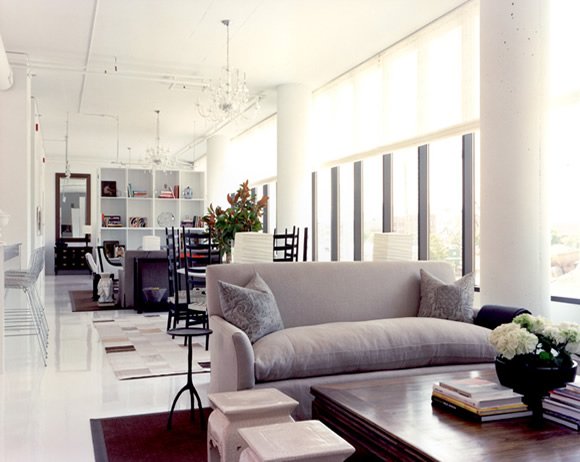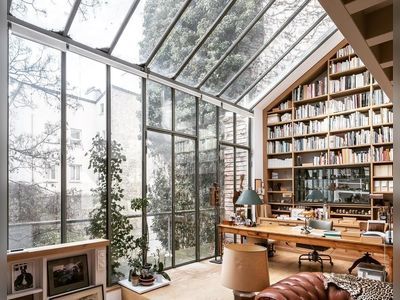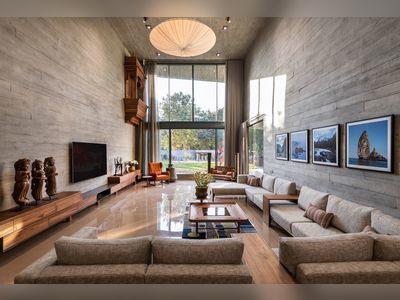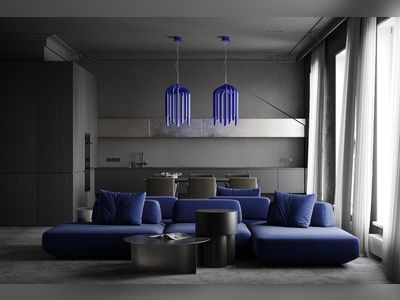The Right Degree
The first benefit of interior design school might seem obvious, but it shouldn’t be overlooked. The US Bureau of Labor Statistics reported in 2004 that a bachelor’s degree is required for most entry-level design positions. People without a degree “will find it very difficult to establish and maintain a career in this occupation,” the report states.
Simply put, a degree is a must. In addition, 23 states require a license. With the background you earn through an accredited interior design degree program, however, getting licensed can be just a formality.
The Right Interior Design Background
Architecture and interior design are close cousins, and the two fields often overlap. Some architects later move on to become interior designers, and vise versa. A background in architecture can be highly beneficial to an interior design career.
Some employers even group the fields together in employment positions. The title in one job listing for a Los Angeles business reads, “Intermediate Interior Designer/Architect.” Having a background in both will give job candidates the most job options throughout their career.
The Right Design Software Skills
Among other qualifications, this job listing includes software skill requirements that are common to most interior design jobs: Autocad, Photoshop, Illustrator, and other programs. Learning industry software in preparation for real interior design jobs is another benefit of interior design school.
Source
About the Author
Joe Cooper writes home services and design articles and edits medical literature. He holds a bachelor’s in American Literature from UCLA.



![A Tranquil Jungle House That Incorporates Japanese Ethos [Video]](/images/22/08/b-2ennetkmmnn_t.jpg)







